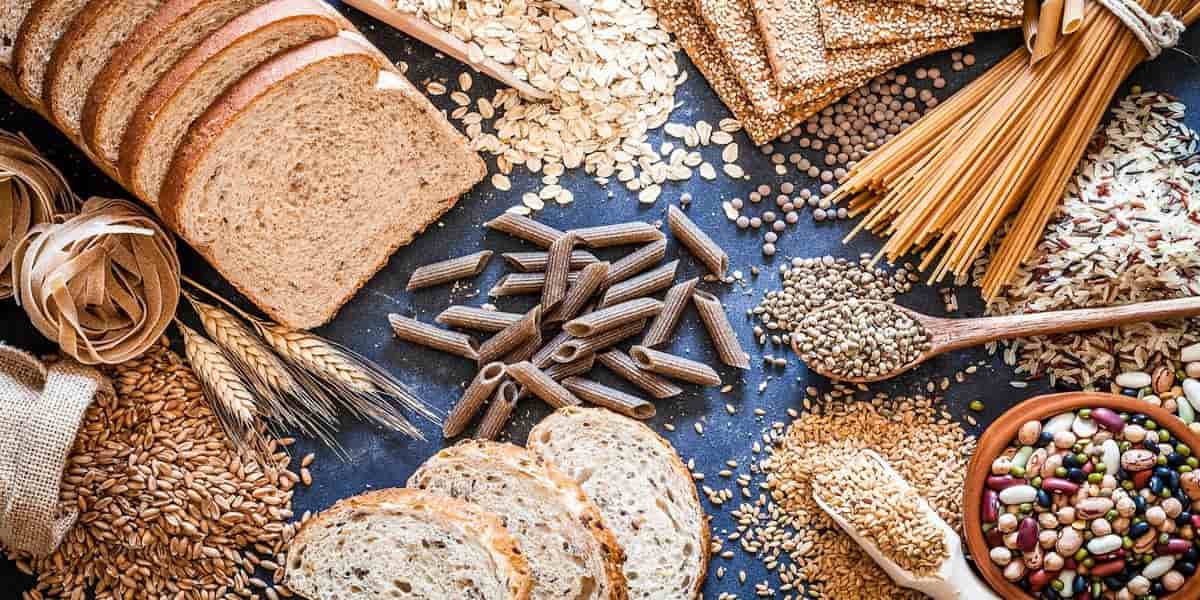Gluten
Doodlebrary
- Gluten is a type of protein found in certain grains like wheat, barley, and rye. It acts as a binding agent that gives dough its elasticity and helps it rise.
- Gluten plays an essential role in many foods, but for some people, avoiding it is crucial for their health.
- Understanding the implications of gluten is key to managing conditions like celiac disease or non-celiac gluten sensitivity.
- Source of Gluten:
- Gluten is naturally present in wheat, barley, rye, and their derivatives.
- Common foods containing gluten include bread, pasta, cereals, and baked goods.
- Role in Food:
- Gluten provides elasticity and structure to dough, making it ideal for bread, cakes, and other baked goods.
- It traps air bubbles during fermentation, helping dough rise and giving a chewy texture.
- Celiac Disease:
- Celiac disease is an autoimmune condition where ingestion of gluten leads to damage in the small intestine.
- People with celiac disease must completely avoid gluten-containing foods to prevent symptoms like diarrhea, bloating, and malabsorption of nutrients.
- Non-Celiac Gluten Sensitivity:
- Some individuals experience gluten sensitivity without having celiac disease. This can cause symptoms like bloating, fatigue, and headaches.
- The condition is not well understood and diagnosis is based on ruling out other causes.
- Gluten-Free Diet:
- A gluten-free diet involves eliminating all foods containing gluten.
- This diet is essential for individuals with celiac disease but has gained popularity even among those without gluten-related disorders.
- Foods to Avoid on a Gluten-Free Diet:
- Foods like bread, pasta, beer, and some processed foods often contain gluten.
- Many packaged foods may have hidden sources of gluten, so label reading is important.
- Gluten-Free Alternatives:
- There are several gluten-free grains like rice, quinoa, corn, and buckwheat that can be used as substitutes.
- Gluten-free versions of bread, pasta, and other common products are widely available.
- Health Benefits and Misconceptions:
- While a gluten-free diet is beneficial for those with gluten intolerance, it is not necessarily healthier for everyone.
- Some people believe going gluten-free leads to weight loss or better digestion, but these benefits are anecdotal unless gluten sensitivity is present.
- Processed Gluten-Free Foods:
- Many gluten-free processed foods can be higher in sugar, fat, and calories, making them less healthy.
- A balanced gluten-free diet should include whole foods like fruits, vegetables, and naturally gluten-free grains.
- Medical Advice:
- Before adopting a gluten-free diet, it is important to consult a healthcare professional, especially if celiac disease or gluten sensitivity is suspected.
